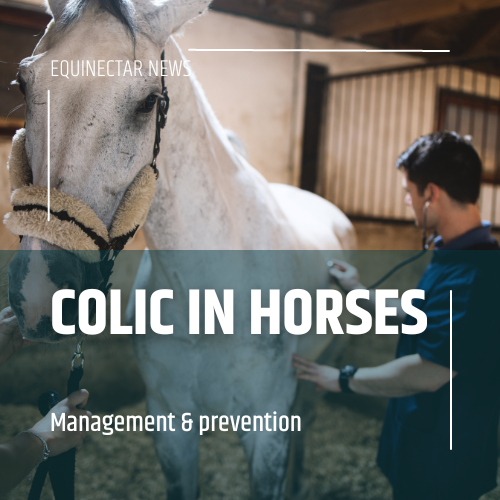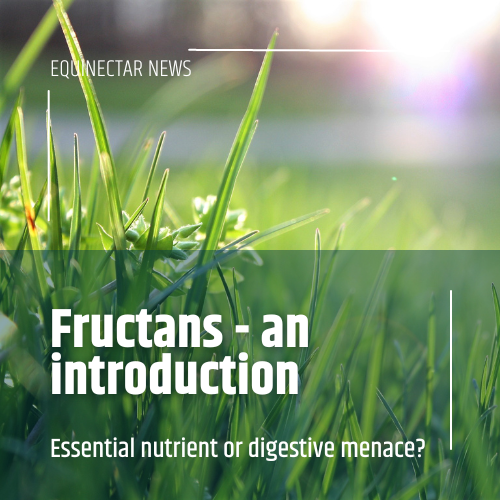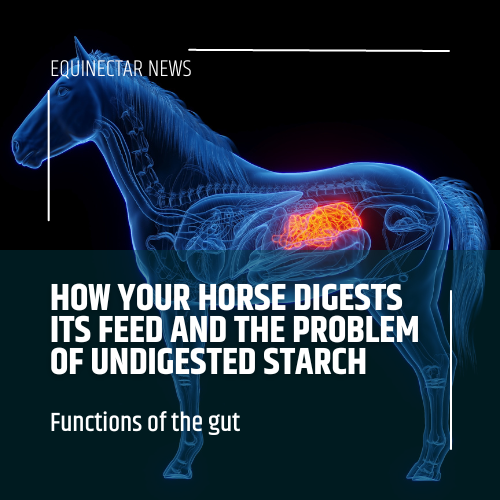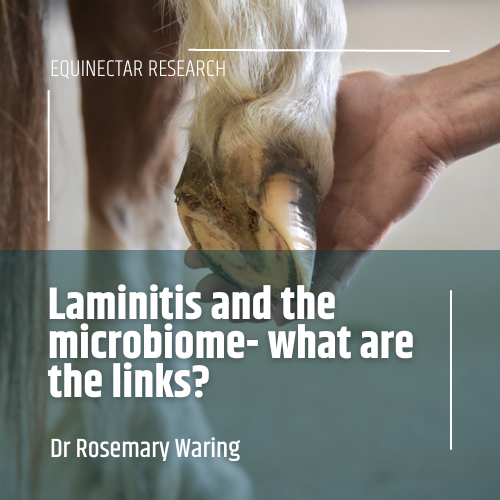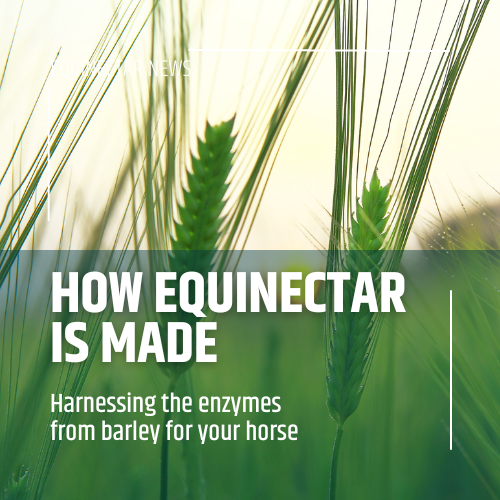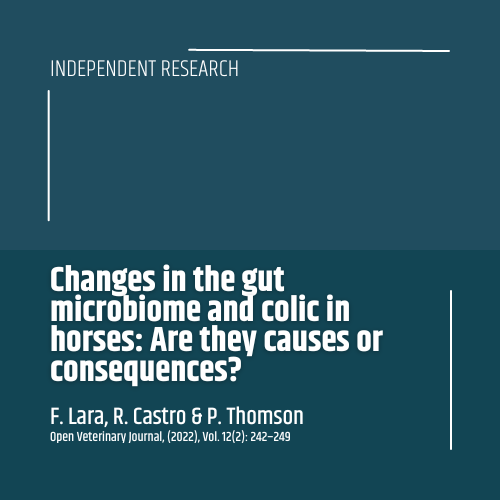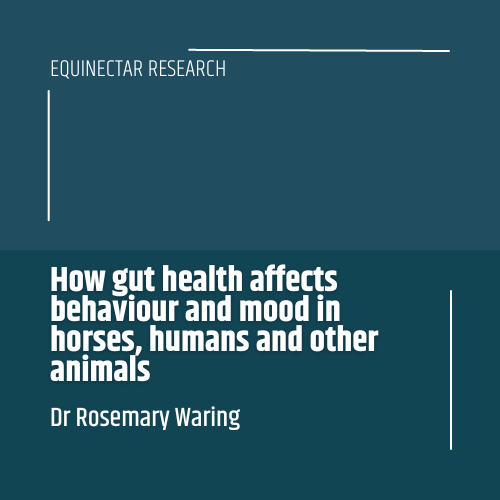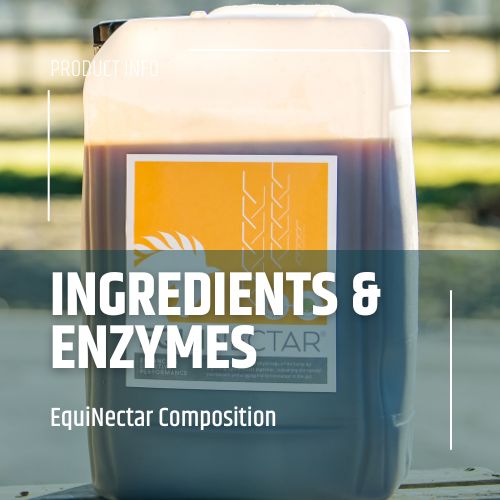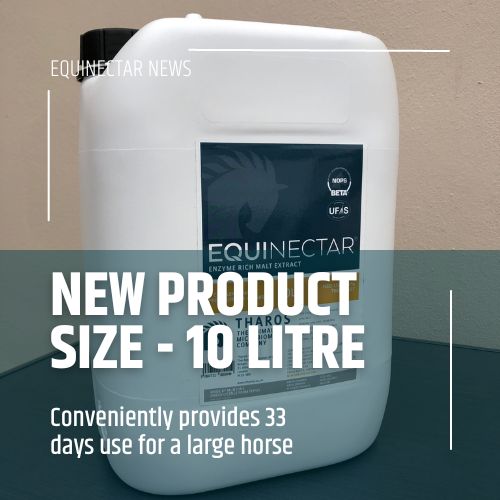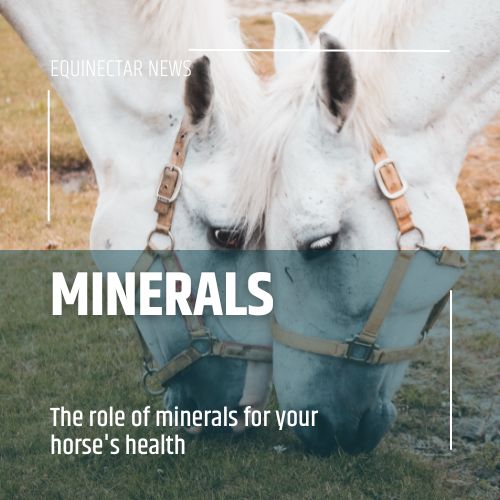Colic in horses
Colic in horses What is colic? The term “colic” is used to describe an indication of abdominal (belly) pain, which in horses is typically brought on by gastrointestinal disturbances. Signs of colic symptoms can be mild to severe, but the underlying cause is not always related to the severity of the signs; and critical (life-threatening) […]

